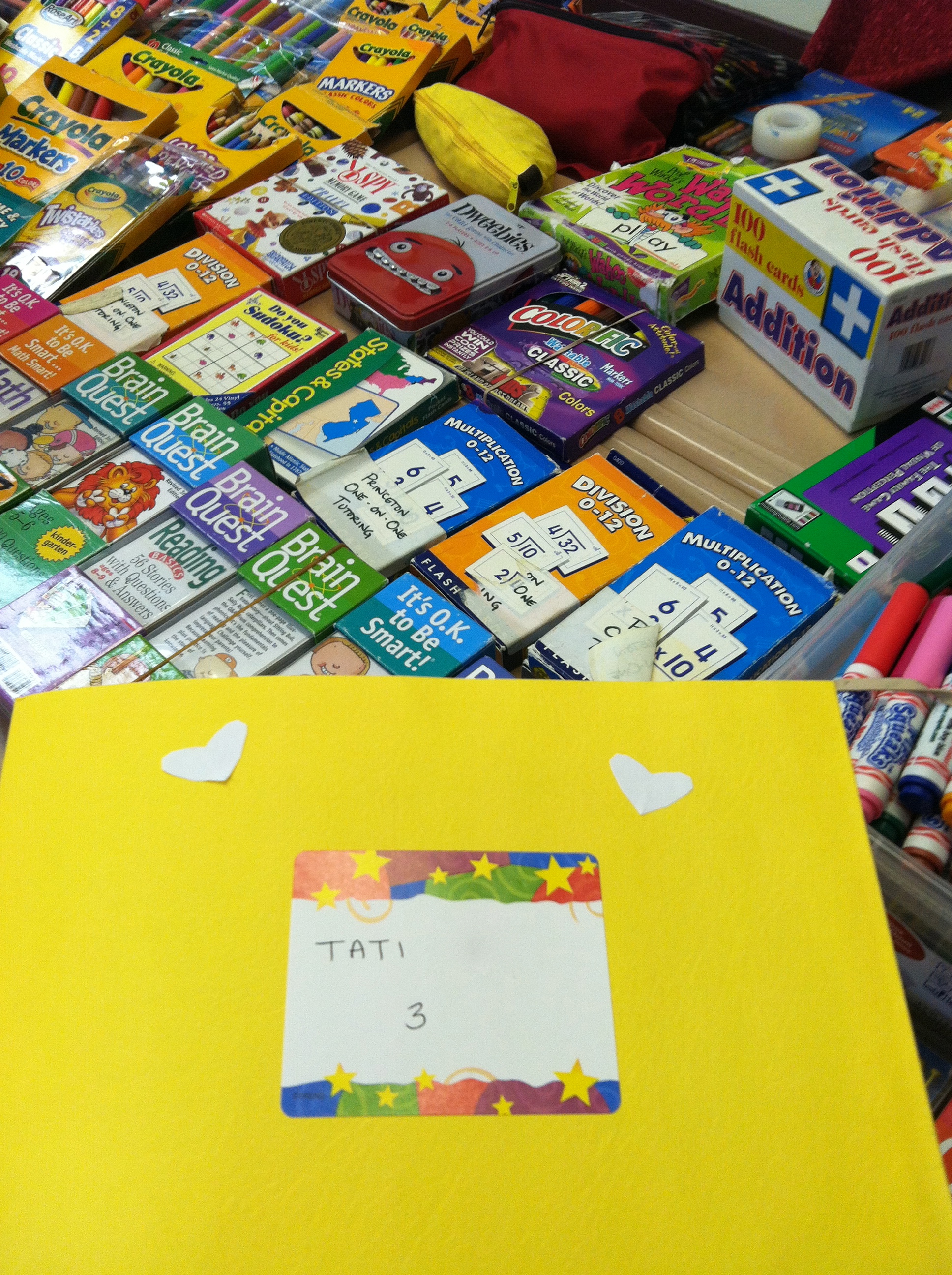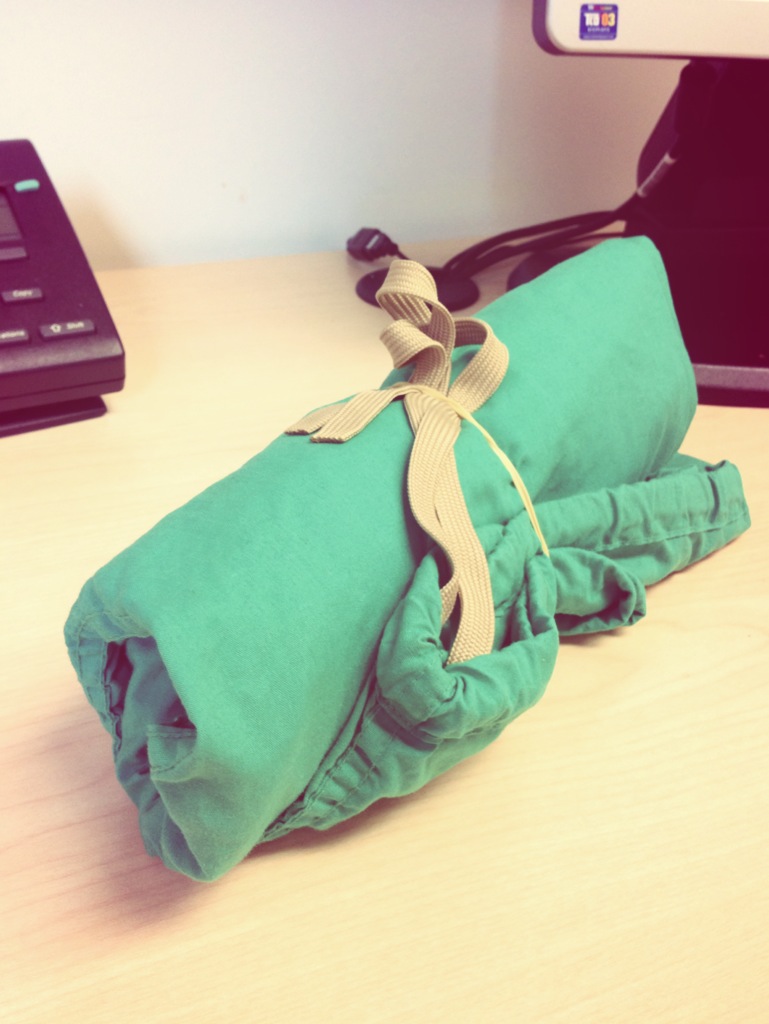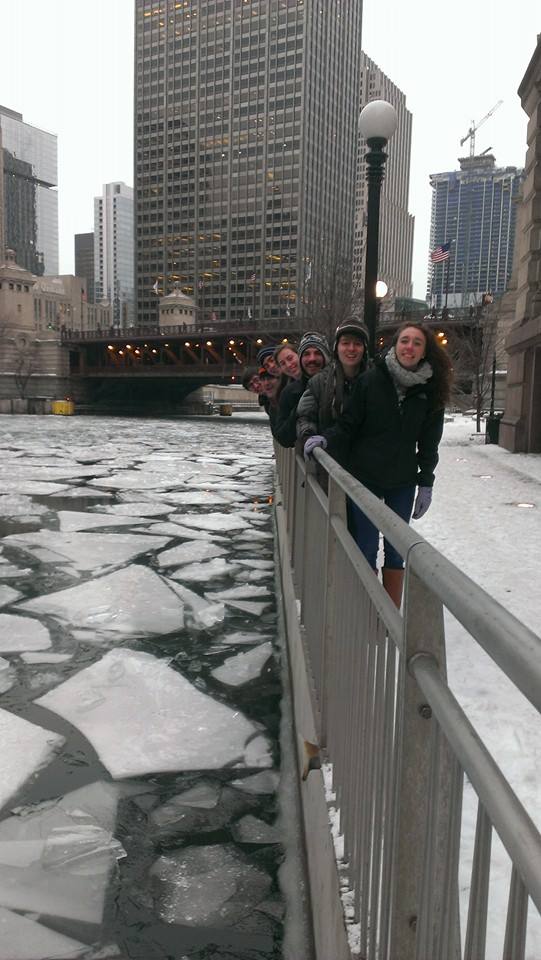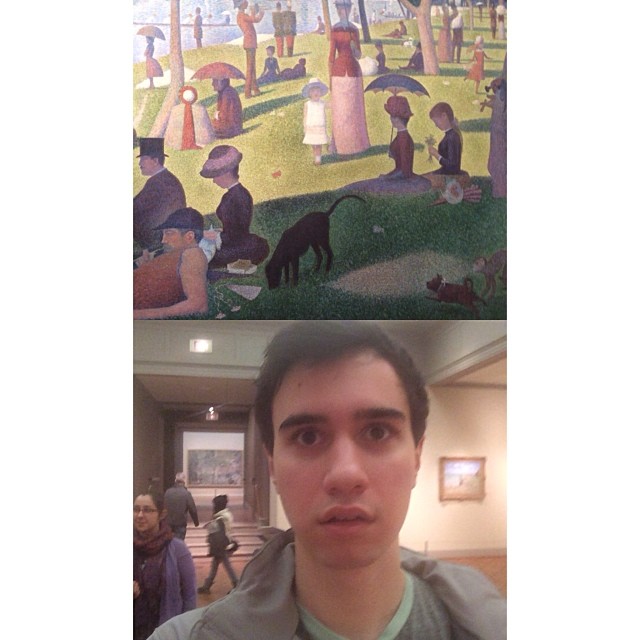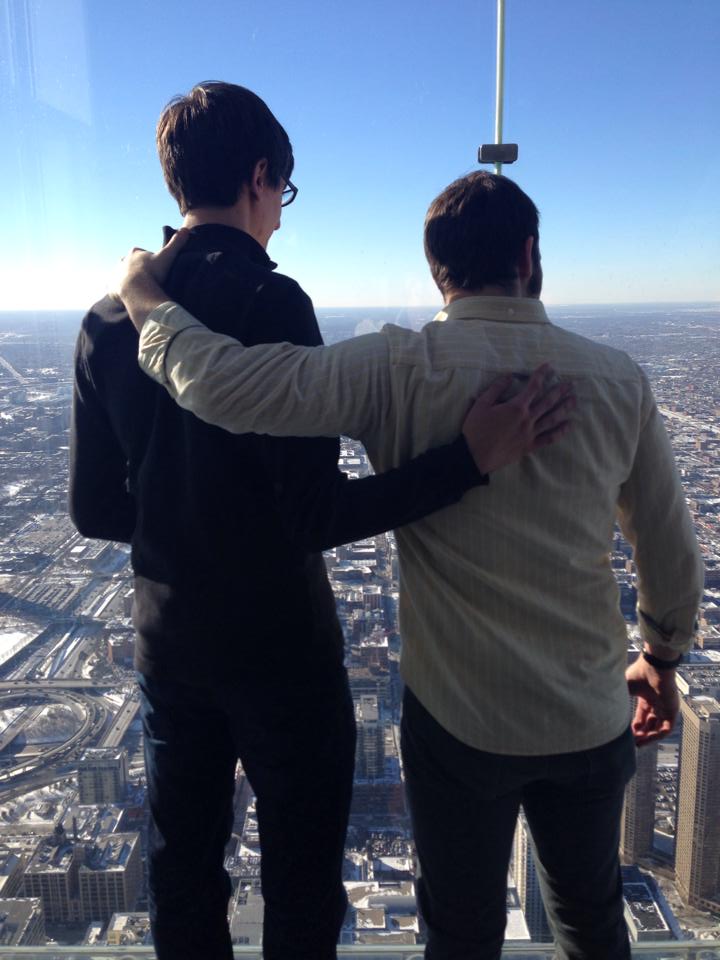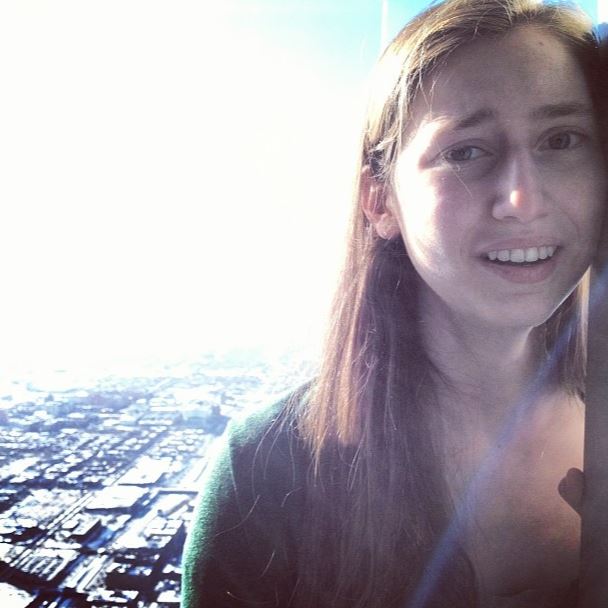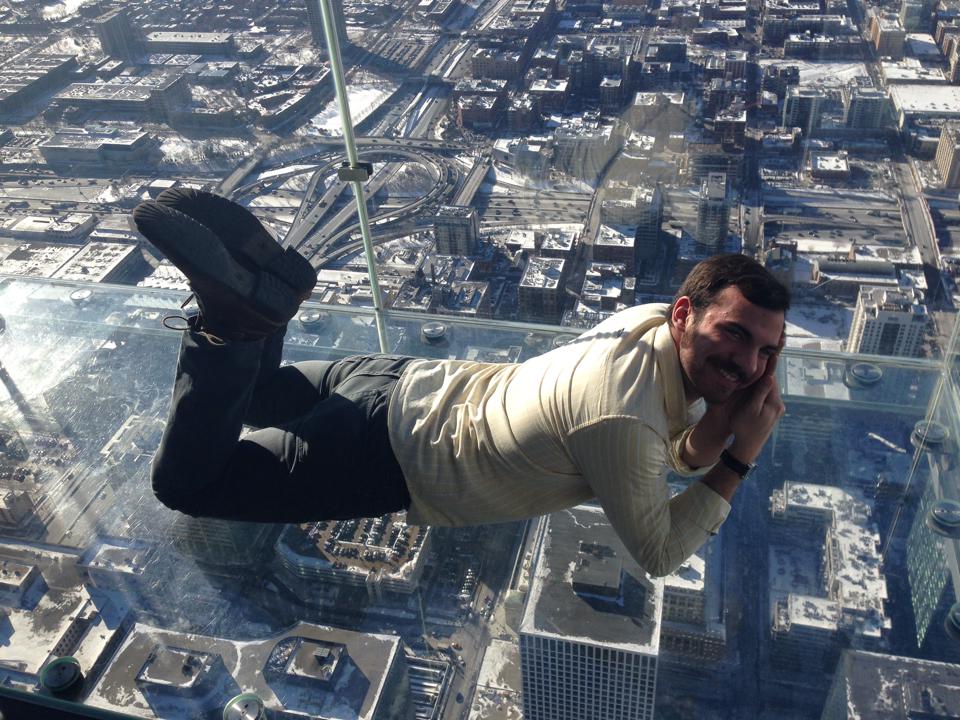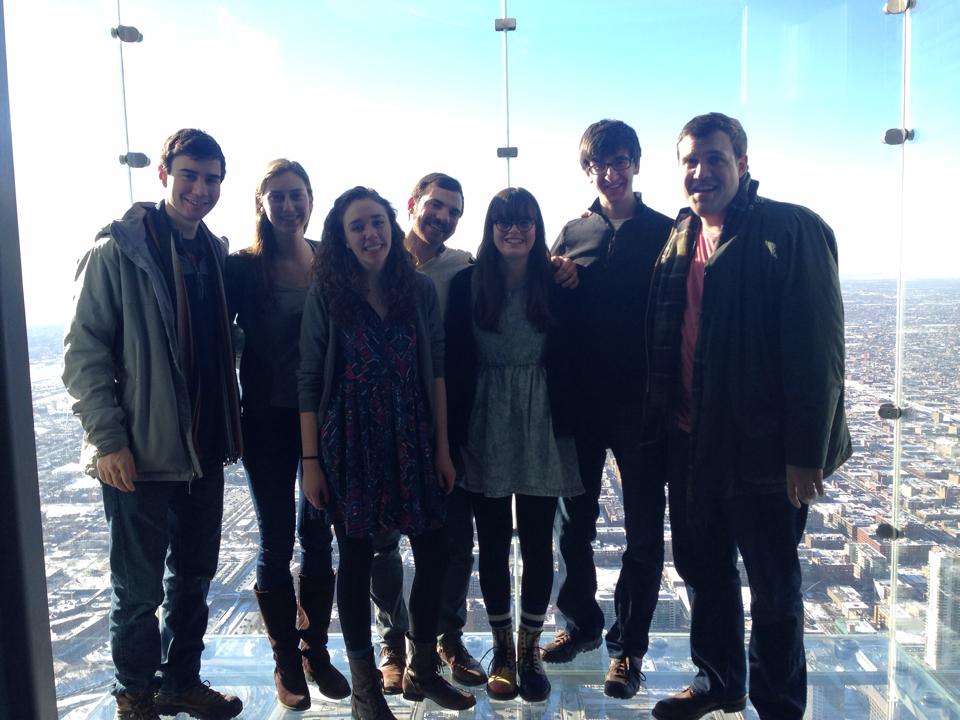Hello hello!
So, I’m assuming many of you who have looked into campus life at Princeton and have stumbled upon the existence of eating clubs, which are basically communities in which students eat meals and go to social events.
So, before I continue this post, I want to clarify that I have no problem with eating clubs; I just decided not to join one. My decision was largely based on the fact that I have a wonderful community in my hall and in the Center for Jewish Life, I like my dining plan, and I am happy where I’m at right now. Because I made the conscious decision not to join, and have been thoroughly happy with my decision, I wanted to share some insight into the system in general.
Here are a few things you may have assumed about the clubs, and here is the bigger picture:
1) Eating clubs are the only option for dining/social communities:
FALSE: I can proudly say that as a student still on the dining hall plan, I have a great social community, and promise to write many many posts about my friends. Also, I get to stay in my residential college, which is super nice and a great living arrangement.
BUT, the dining hall isn’t the only option if you decide that clubs aren’t for you. I found this fabulous website detailing the alternate options, which include co-ops where students get together and cook their own meals, and advice on how to successfully go independent, which means you have no meal plan and cook in the kitchens located in your dorm buildings.
2) Membership is the only way to spend time at eating clubs:
FALSE: I’ll just outright disprove this one because I have spent time myself at eating clubs. Two things to keep in mind here:
- Meal exchange: basically, your friend in an eating club takes you to eat with them, and then you take them to eat with you in the dining hall.
- Many events (like semi-formals, which are fun!) involve plus-ones, and I have already gone to a bunch of events as my friends’ “dates.”
Long story short, not joining does not mean total isolation from the eating club experience.
3) Everyone joins:
FALSE: Only one out of three of my roommates joined. With the other options listed above, joining can be a consideration, not a must.
4) You have to compete to get into all of them:
FALSE: Many of the clubs work on a sign-in system, which is... exactly what it sounds like. You express interest, go to some fun orientation events, and then sign-in to join.
5) Joining an eating club dictates your social options:
Yes, you guessed it: FALSE. If it hasn’t become clear from above, Princeton is not at all divided into a world of eating club members and lost souls. We are lucky to have a diverse group of people and a diverse group of options. What’s best, though, is that all of these options are highly integrated, making Princeton a multidimensional experience.
Sorry I was a bit long on this post. Stay tuned… I may or may not have tons of awesome photos from my play in my next post!









